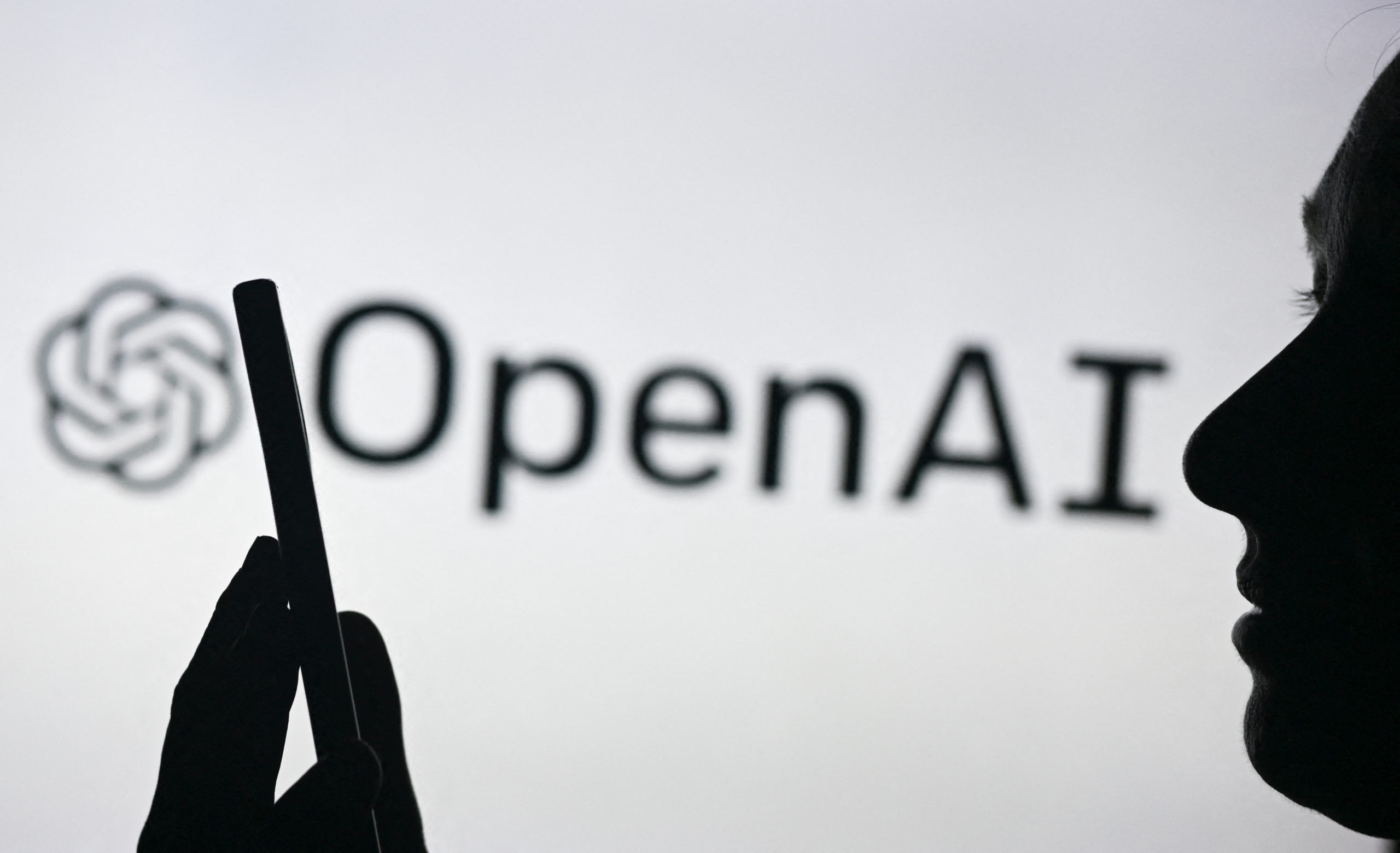How the Artificial Intelligence Bill can protect people’s rights
Proposal to regulate AI in Brazil is under discussion in the Federal Senate; gaps raise concerns among civil society
 Foto: Artur Widak / NurPhoto via AFP
Foto: Artur Widak / NurPhoto via AFP
The debate surrounding Bill of Law nº 2338/23, that seeks to regulate artificial intelligence in Brazil, gained new momentum after the presentation of a new version of the report on 28 November.
Scheduled for voting by the Temporary Commission on Artificial Intelligence (CTIA) on Thursday (3) and in the Senate plenary in December, approval of this text by the rapporteur, Senator Eduardo Gomes (PL-TO), is urgent. The version presented last Thursday includes the minimum necessary elements, as highlighted in a statement by the Coalition for Digital Rights, signed by Conectas, Data Privacy and other entities, for a regulatory framework focused on the protection of rights and risk mitigation, despite the existence of gaps that undermine the project’s objective of making AI a safe tool for the Brazilian population.
In the most recent report, for example, the provision for updating high-risk systems was kept in. We consider maintaining the illustrative hypothesis fundamental, as it ensures that the Brazilian legislation not only aligns with the international line of discussions on the topic (such as the EU’s AI Act) but also guarantees flexibility and prevents it from becoming quickly obsolete in the face of rapid technological progress.
Read more
There are, however, points that require improvement. According to Conectas, the exceptions outlined in Article 13, subsection V, should be removed from the text. Remote biometric identification systems should be suspended, at least until there is scientific evidence supporting it as a policy for protecting rights and proving the absence of discriminatory biases, particularly racial and gender biases. This concern is in alignment with the statement made in 2021 by the European Data Protection Authority (AEPD), in discussions about the banning of facial recognition in Europe: “…remote biometric identification, where AI can contribute to unprecedented progress, presents extremely high risks of deep and undemocratic intrusions into individuals´ private lives.”
Here are 4 other proposals made by civil society for the Artificial Intelligence Bill (PL 2338/23):
1- Mandatory Preliminary Assessment Guarantee: Making the preliminary assessment process mandatory to determine the risk level of AI systems before they are made available on the market (Art. 12).
2- Enhanced Social Participation: Ensuring public participation in impact assessment processes and in the structure of the National System for AI Governance and Regulation (SIA), as well as including public consultations before the approval of secondary regulations (Art. 25, §8,j and Art. 49, previous version).
3- Strengthening Labor Guarantees: Restoration of provisions from the previous text that protected workers, such as human oversight of automated decisions and the prevention of mass layoffs due to replacement by AI systems (Art. 58).
4- Expansion of Governance Obligations: Establishing mandatory governance measures for high-risk systems, such as mitigating discriminatory biases and preventing risks to individuals’ integrity, tied to transparency and the responsible use of data (Chapter IV, Art. 14).
Civil Society on alert
According to Julia Neiva, Director of Strengthening the Human Rights Movement at Conectas, regulation is essential but cannot justify concessions that compromise fundamental rights. “Legislation must be dynamic and provide tools to ensure the rights of Brazilian citizens are respected and upheld. Technological progress should not undermine constitutional values.”
Last week, 39 civil society organizations issued a statement warning of potential setbacks that could further weaken the text. “Another threat concerns the rules for AI systems used by digital platforms for content curation, dissemination, recommendation, and distribution. Currently, these algorithmic models are classified as high-risk due to their recognized impact on human behavior, public debate, and democracy. This classification is important to ensure that platforms are required to adopt stricter governance measures, particularly related to transparency and mitigating the risks of rights violations. Article 14, subsection XIII [which addresses large-scale automated curation],” says part of the document. This subsection was removed from the report presented by the rapporteur.
The impact of artificial intelligence (AI) on human rights will be the subject of a public hearing promoted by the National Council for Human Rights (CNDH) on 3 December, 2024, from 9 am to 12 pm, at the Federal Senate in Brasília. The event, which will be broadcast live on the TV Senado YouTube, channel, will discuss the challenges and opportunities presented by AI, including its regulation and effects on society.






